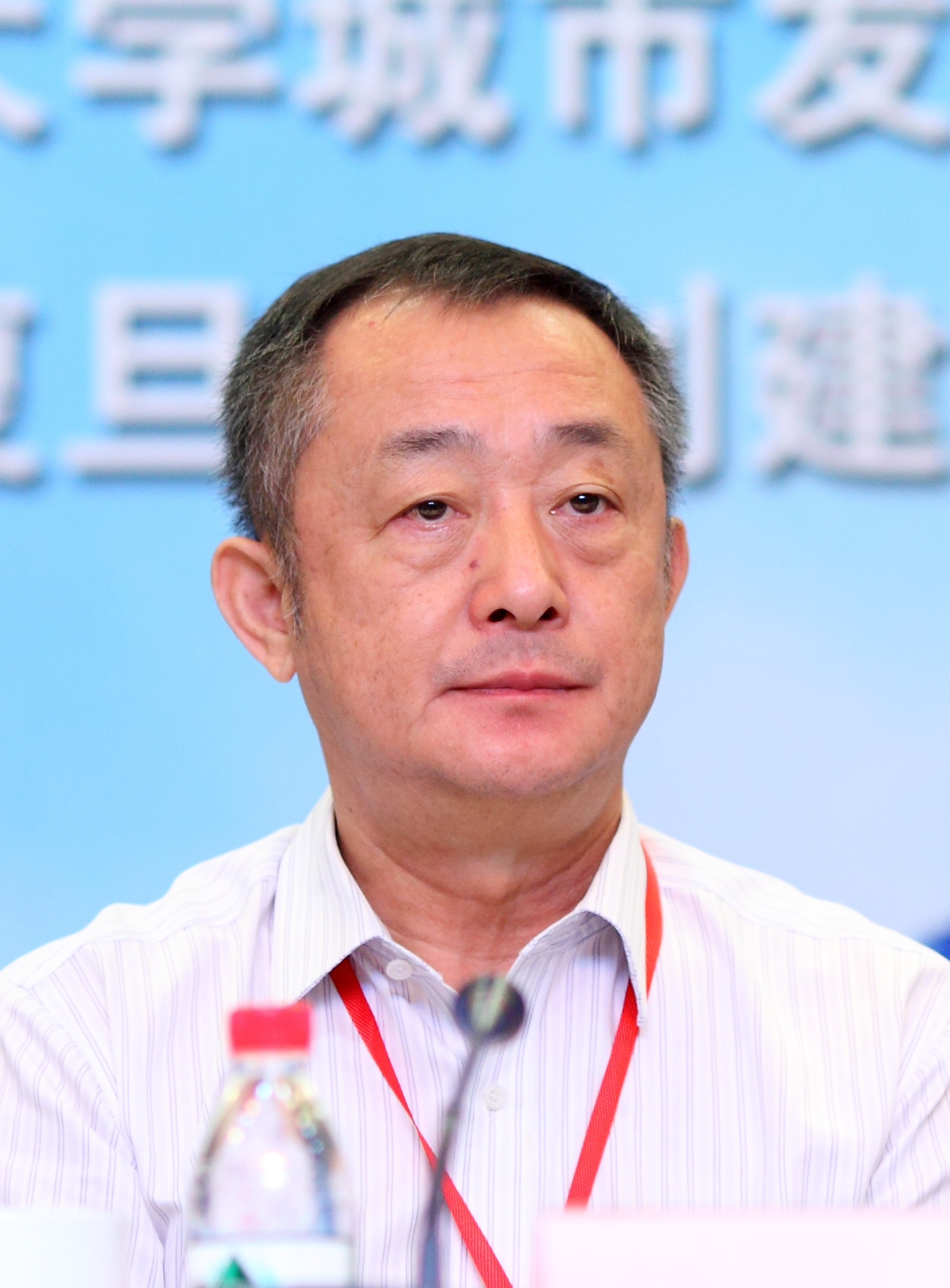Hello, welcome to visit Shanghai Forum
Co-organizers:
Urban Development Institute of Fudan University;
Urban Planning and Architectural Institute of Fudan University
Introduction of the Chair

Tang Kai
Tang Kai, having received a Master Degree from the School of Architecture of Tsinghua University and being a Senior City Planner with professorship, is currently President of China Association of City Planning, Vice Chairman of Urban Planning Society of China, Executive Director of the Architectural Society of China, Executive Director of Chinese Society for Urban Studies, and has been engaged in urban & rural planning organization and management for a long time. Tang has served successively as Director of Haikou Planning Bureau, Vice Mayor of Haikou Municipal People's Government, Head of Urban and Rural Planning Division under the Ministry of Housing and Urban-Rural Development ("MOHURD"), and MOHURD Chief Planner. He has presided over the drafting of a series of state laws and regulations, such as the Urban and Rural Planning Law of the People's Republic of China, promoted gradual establishment of laws and regulations on urban and rural planning that are centered on the Urban and Rural Planning Law and based on applicable regulations, departmental rules and local regulations, and made outstanding contributions to establishing and improving a management system for urban and rural planning with Chinese characteristics.
Theme Interpretion:
In 2012, the 18th CPC National Congress put forward that "By 2020, China will double its GDP and per capita income of urban and rural residents based on that of 2010, and build an all-around well-off society at the 100th Anniversary of CPC. Besides, the national congress planned the strategic layout of "four all-arounds" (i.e. building an all-around well-off society, deepening all-round reform, promoting all-around law-based governance, and exercising all-around self-discipline within the CPC), with the building of a well-off society ranking first. Central Poverty Alleviation and Development Conference held in 2015 pointed out that "it is the essential requirement of socialism and an important mission of CPC to 'eradicate poverty, improve people's livelihood, and gradually achieve common prosperity', and it must be ensured that all poverty-stricken areas and the 70 million impoverished people will step into an all-around well-off society by 2020".
Building a moderately prosperous society began during the first round of reform and opening up in the late 1970s, and was accelerated during the second round of reform and opening up in 2001 with China's entry into WTO. Now, at the threshold of the third round of reform and opening up, China's fifth-generation leaders are faced with a great challenge—how to promote smooth economic restructuring and to build a moderately prosperous society in an all-around way by 2020 based on the momentum brought by going global, which has also become the most important phased objective throughout the over thirty years of reform and opening up.
Following Shanghai Forum 2015 Theme—"Economic Globalization and the Choice of Asia—Asia’s Responsibility: Exploring New Approaches to Cooperation", the theme of Shanghai Forum 2016 is defined as "Connectivity and Innovation: To Build an Asian Community", which discusses the connotations of Asian community, an innovative cooperation model, based on the national strategy of the "One Belt and One Road " initiative, and seeks to learn from international experience and practice of building an all-around well-off society and to get momentum from globalization.
Urban and rural planning, consisting of urban system planning, urban planning, town planning, township planning and village planning, is a public policy that requires the governments at all levels to coordinate urban and rural spatial layout, improve people's living environment, and promote comprehensive, coordinated and sustainable development of rural economy and society, and provides spatial carrier for "synchronization of four modernizations", namely, fully promoting industrialization, informatization, urbanization, and agricultural modernization. During his field study in Hainan Province, General Secretary Xi Jinping emphasized that "issues of agriculture, farmer and rural area" were the key to building an all-around well-off society by saying that "the key to building a moderately prosperous society lies in farmers", and that urban and rural planning was an important measure to build an all-around well-off society and address the "issues of agriculture, farmer and rural area". Therefore, it is a focus of the session to discuss how to utilize urban and rural planning to build a moderately prosperous society, how to learn from international practice and experience of town and country planning based on well-off society standards, and how to help poverty-stricken areas build a well-off society.